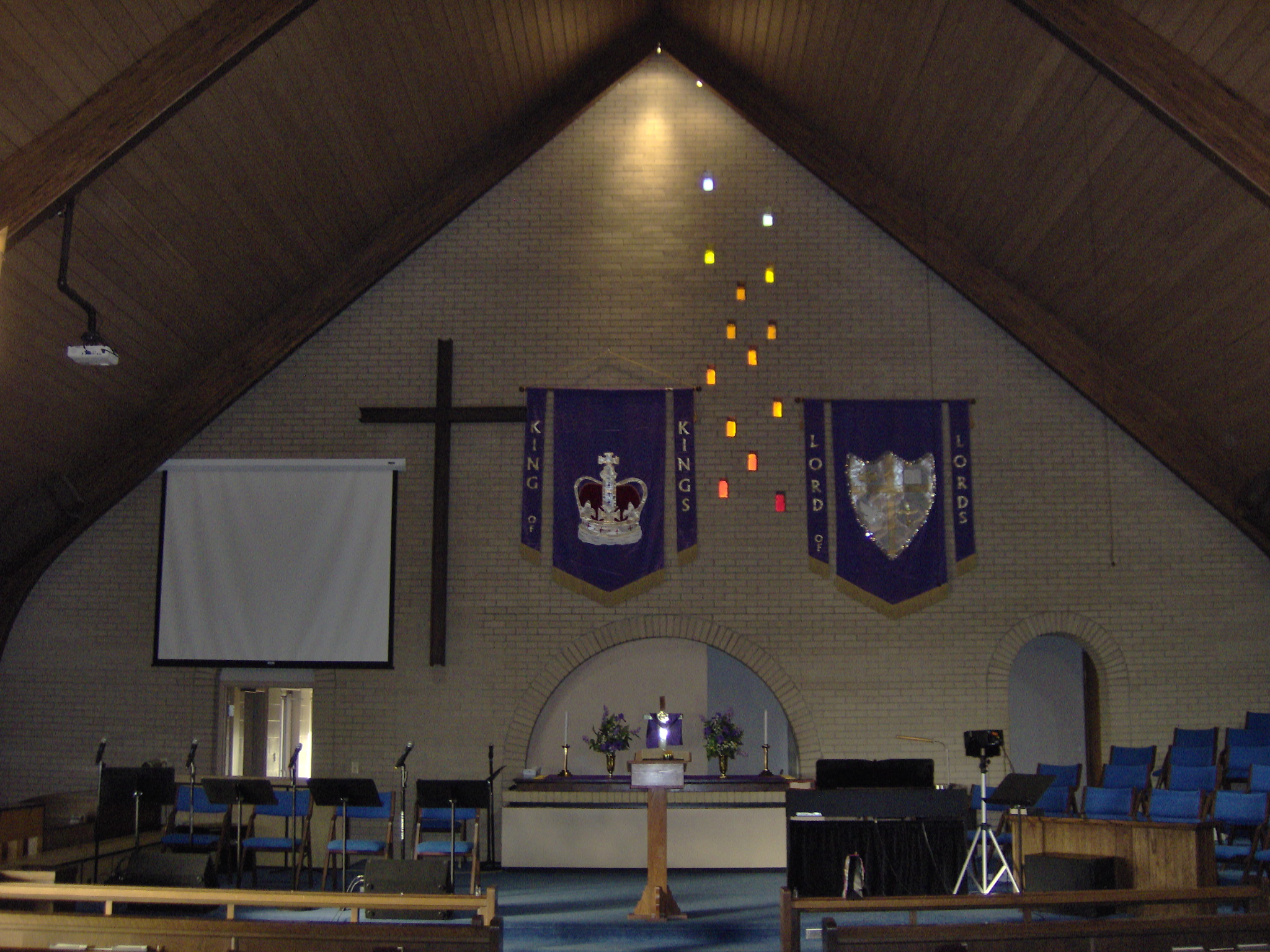Stumbling and Falling (Getting Pressed)
Romans 11:11-24 (Part 2)
Romans 11:11–24 (NIV): 11 Again I ask: Did they stumble so as to fall beyond recovery? Not at all! Rather, because of their transgression, salvation has come to the Gentiles to make Israel envious. 12 But if their transgression means riches for the world, and their loss means riches for the Gentiles, how much greater riches will their full inclusion bring!
13 I am talking to you Gentiles. Inasmuch as I am the apostle to the Gentiles, I take pride in my ministry 14 in the hope that I may somehow arouse my own people to envy and save some of them. 15 For if their rejection brought reconciliation to the world, what will their acceptance be but life from the dead? 16 If the part of the dough offered as firstfruits is holy, then the whole batch is holy; if the root is holy, so are the branches.
17 If some of the branches have been broken off, and you, though a wild olive shoot, have been grafted in among the others and now share in the nourishing sap from the olive root, 18 do not consider yourself to be superior to those other branches. If you do, consider this: You do not support the root, but the root supports you. 19 You will say then, “Branches were broken off so that I could be grafted in.” 20 Granted. But they were broken off because of unbelief, and you stand by faith. Do not be arrogant, but tremble. 21 For if God did not spare the natural branches, he will not spare you either.
22 Consider therefore the kindness and sternness of God: sternness to those who fell, but kindness to you, provided that you continue in his kindness. Otherwise, you also will be cut off. 23 And if they do not persist in unbelief, they will be grafted in, for God is able to graft them in again. 24 After all, if you were cut out of an olive tree that is wild by nature, and contrary to nature were grafted into a cultivated olive tree, how much more readily will these, the natural branches, be grafted into their own olive tree!
The Mount of Olives, sometimes referred to as “Olivet” in other parts of Scripture (especially the King James Version)
- 2 Samuel 15:30 (NIV): 30 But David continued up the Mount of Olives, weeping as he went; his head was covered and he was barefoot. All the people with him covered their heads too and were weeping as they went up.
- 1 Kings 11:7 (NIV): 7 On a hill east of Jerusalem, Solomon built a high place for Chemosh the detestable god of Moab, and for Molek the detestable god of the Ammonites.
- Ezekiel 11:23 (ESV): 23 And the glory of the LORD went up from the midst of the city and stood on the mountain that is on the east side of the city.
- Luke 21:37 (ESV): 37 And every day he was teaching in the temple, but at night he went out and lodged on the mount called Olivet.
- Luke 22:39 (NIV): 39 Jesus went out as usual to the Mount of Olives, and his disciples followed him.
- Luke 19:29–30 (NIV): 29 As he approached Bethphage and Bethany at the hill called the Mount of Olives, he sent two of his disciples, saying to them, 30 “Go to the village ahead of you, and as you enter it, you will find a colt tied there, which no one has ever ridden. Untie it and bring it here.
- The Olivet Discourse in Matthew 24:1–25:46.
- Acts 1:12 (NIV): 12 Then the apostles returned to Jerusalem from the hill called the Mount of Olives, a Sabbath day’s walk from the city.
- The Garden of Gethsemane literally means “the place of the oil (olive) press”
- Zechariah 14:4 (NIV): 4 On that day his feet will stand on the Mount of Olives, east of Jerusalem, and the Mount of Olives will be split in two from east to west, forming a great valley, with half of the mountain moving north and half moving south.
- Acts 1:12 (NIV): 12 Then the apostles returned to Jerusalem from the hill called the Mount of Olives, a Sabbath day’s walk from the city. (the place where Jesus ascended from)
The Olive Tree produced fruit that was pressed to get the most valuable resource that was used for anointing. Anointing kings, priests, rabbis, and the sick. It was used like lotion in a dry climate. Olive oil was useful in so many avenues by every surrounding culture.
It’s Greek tradition to plant an olive tree when a child is born. They both grow together, and when the child is 6 years old, the olive tree bears fruit. Therefore, olive trees are considered family trees; they live for decades.
In Paul’s dissertation, while many people focus on the ingrafted branches of the Gentiles (non-Jews, also considered as Pagan), the substance of Paul’s lecture is far deeper than that!
- In the beginning, humanity stumbled and fell, like a baby learning to walk.
- At the end of humanity, we struggle with walking, and we stumble and fall.
Parallel: The Tree of Life and the Olive Tree (verse 17)
Parallel: The Olive Tree and One People (verse 24)
